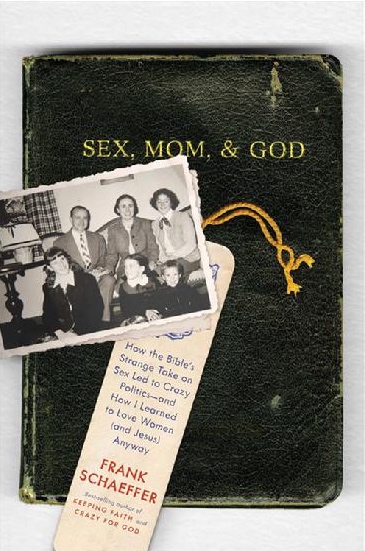
The Schaeffer family created the American Religious Right. Without the Schaeffers, more famous campaigners like Jerry Falwell, Billy Graham, and Anita Bryant would never have reached mainstream political audiences.
The Schaeffers were hippies. Too late, they realized they had created a monster. I found their story extraordinarily compelling: a tragedy in the mode of Ancient Greek drama.
There are two parts to this. The first is the remarkable tale of their lives and works.
The second concerns Francis Schaeffer’s analysis of the history of meaningness—which is closely parallel to the book you are reading here now. We came to many of the same conclusions. I feel a close intellectual kinship with Schaeffer, despite our very different paths and personalities, and very different ultimate commitments.
When all is done, when all the alternatives have been explored, “not many men are in the room”—that is, although world-views have many variations, there are not many basic world-views or basic presuppositions.
—Francis Schaeffer, How Should We Then Live
In fact, he found that the three “men left in the room” are nihilism (with its close allies such as materialism and existentialism); monist mysticism; and dualist eternalism—that is, Fundamentalist Christianity, in his case. These are my “Big Three” stance combinations—the three “basic world views.” His analyses and rejections of the first two were accurate, so he was left with only the third. “When you have eliminated the impossible, whatever remains, however improbable, must be the truth.”
If you are interested in learning more, some sources I recommend are:
“Francis Schaeffer,” a brief biography. (The Wikipedia entries for the Schaeffers are all lousy, unfortunately.)
“The dissatisfaction of Francis Schaeffer” is a good introduction to his life and thought, which appeared as a six-part series in Christianity Today, where it is paywalled. It appears here for free (amidst other articles).
Frank Schaeffer’s Crazy For God and Sex, Mom, and God are un-put-downable accounts of his parents, his early life, and his role in making abortion the central American political issue. The books are fast-paced, fascinating, hilarious, easy to read, and moving. Not to be taken uncritically, but the publicly-checkable facts seem reliable.
Two good academic studies—I have read only part of each—are Schaeffer on the Christian Life: Countercultural Spirituality and Francis Schaeffer and the Shaping of Evangelical America.
